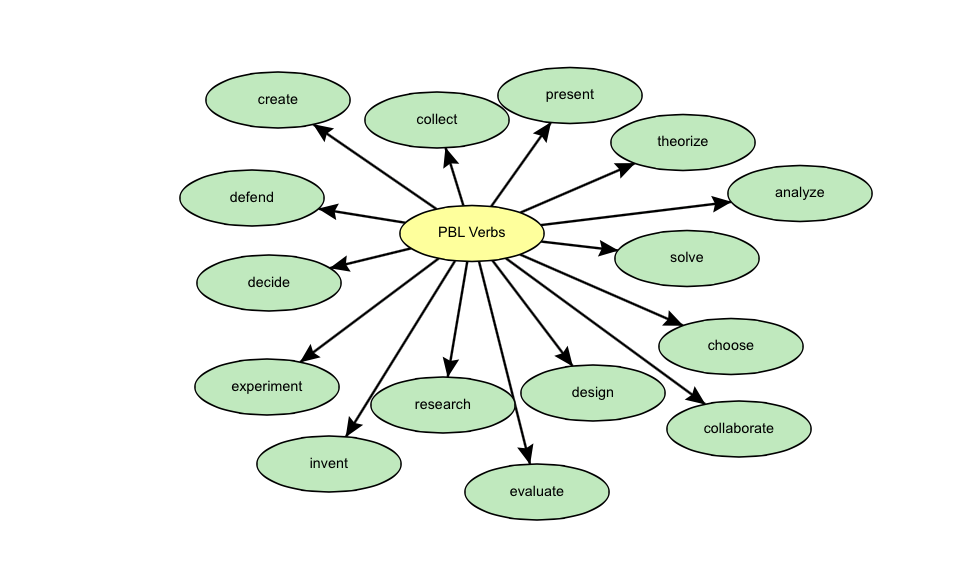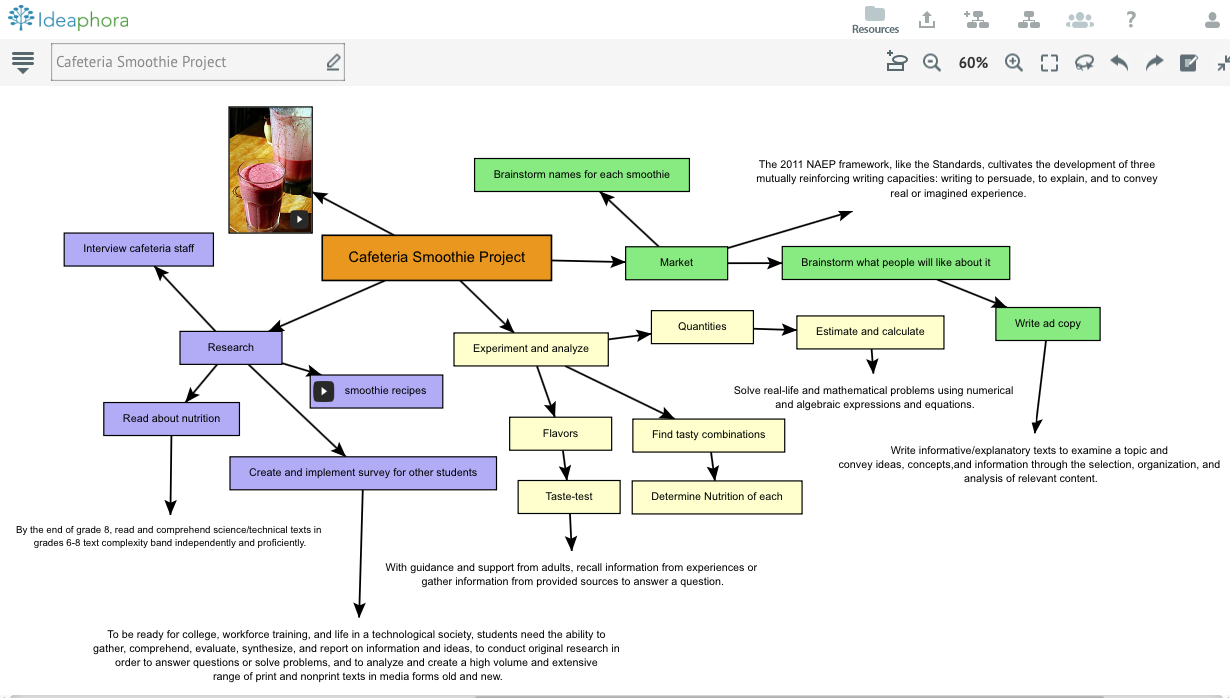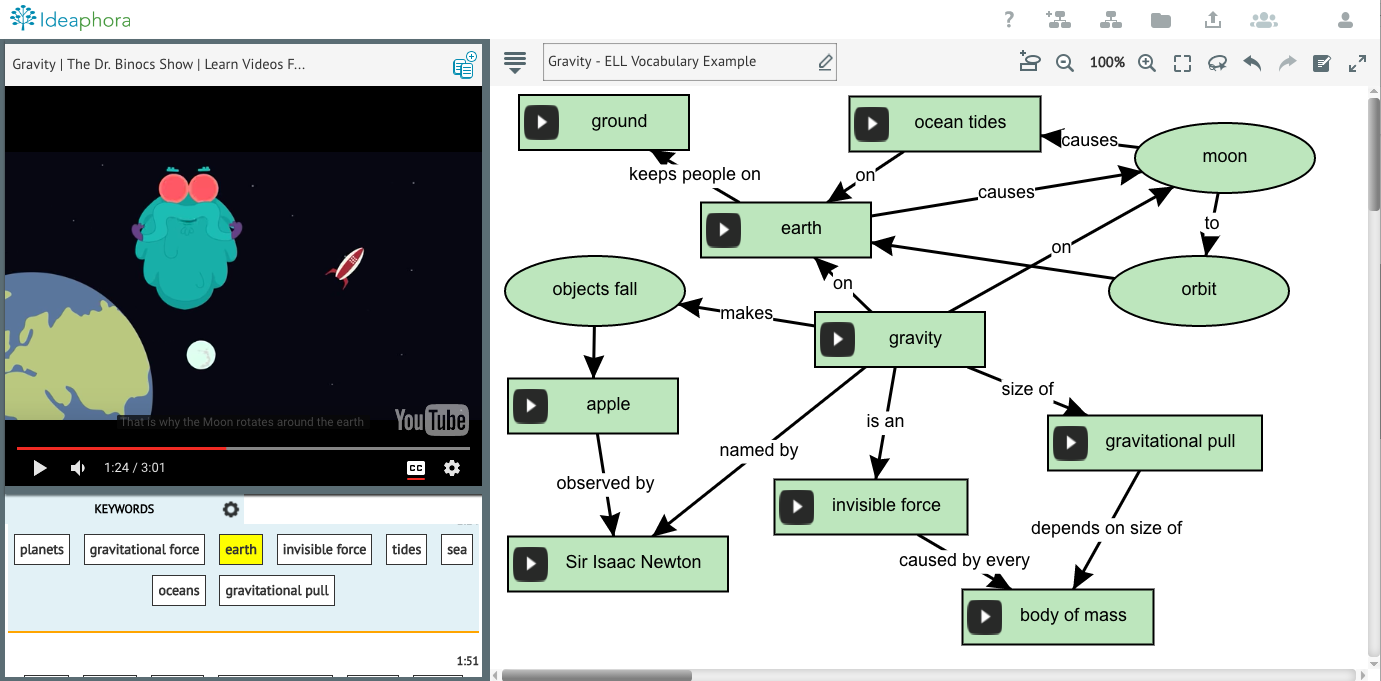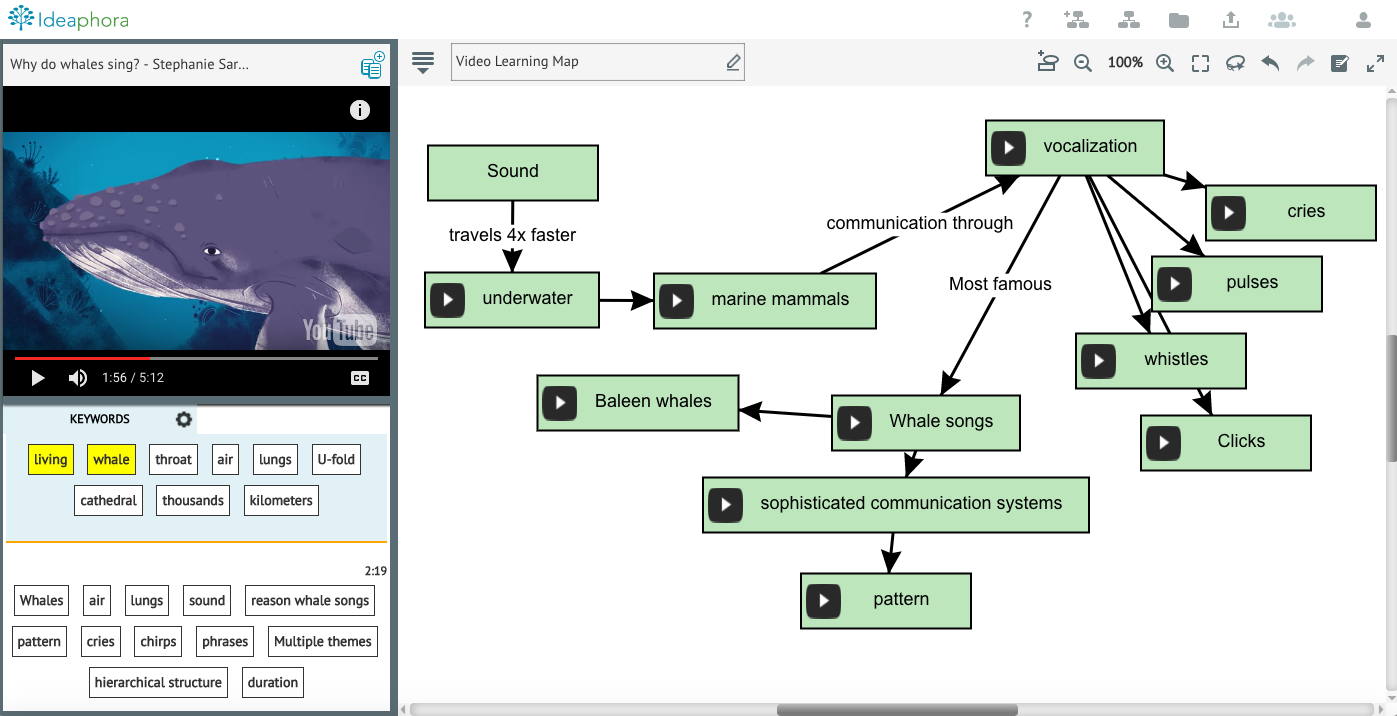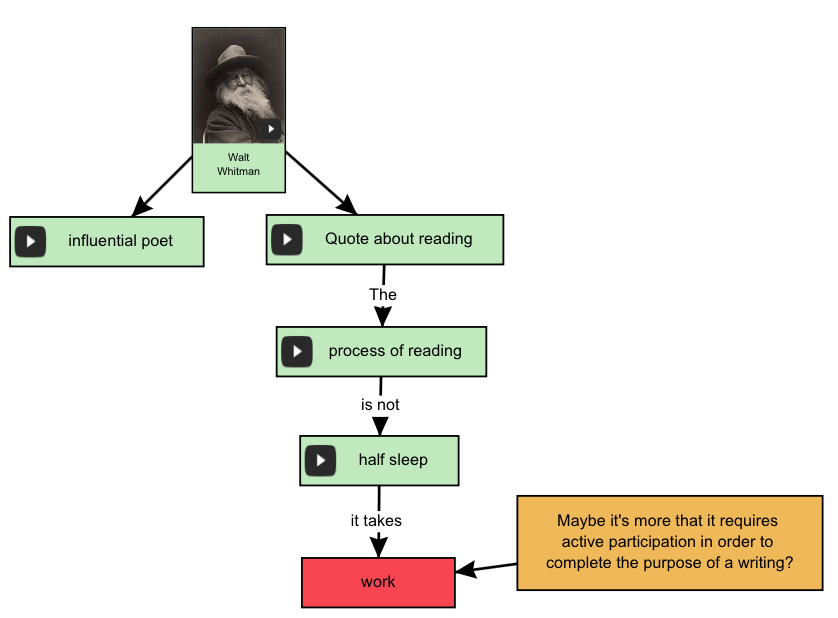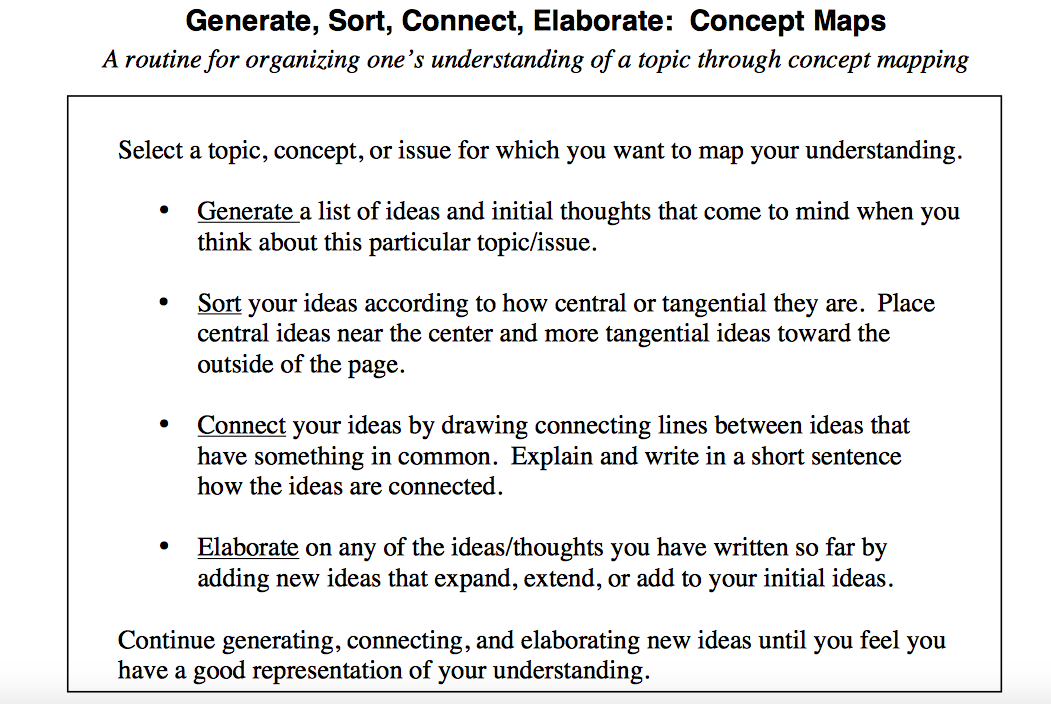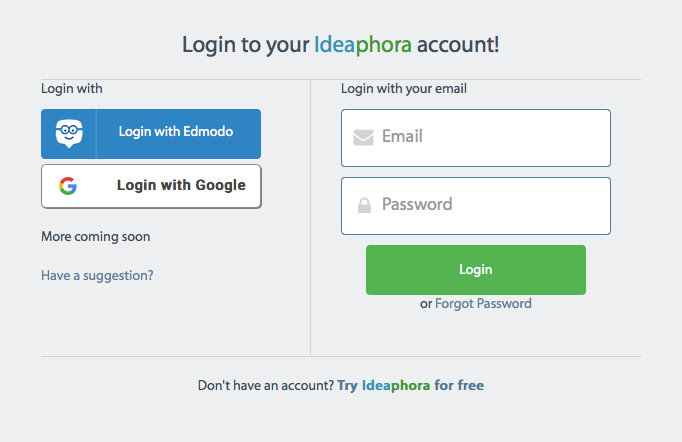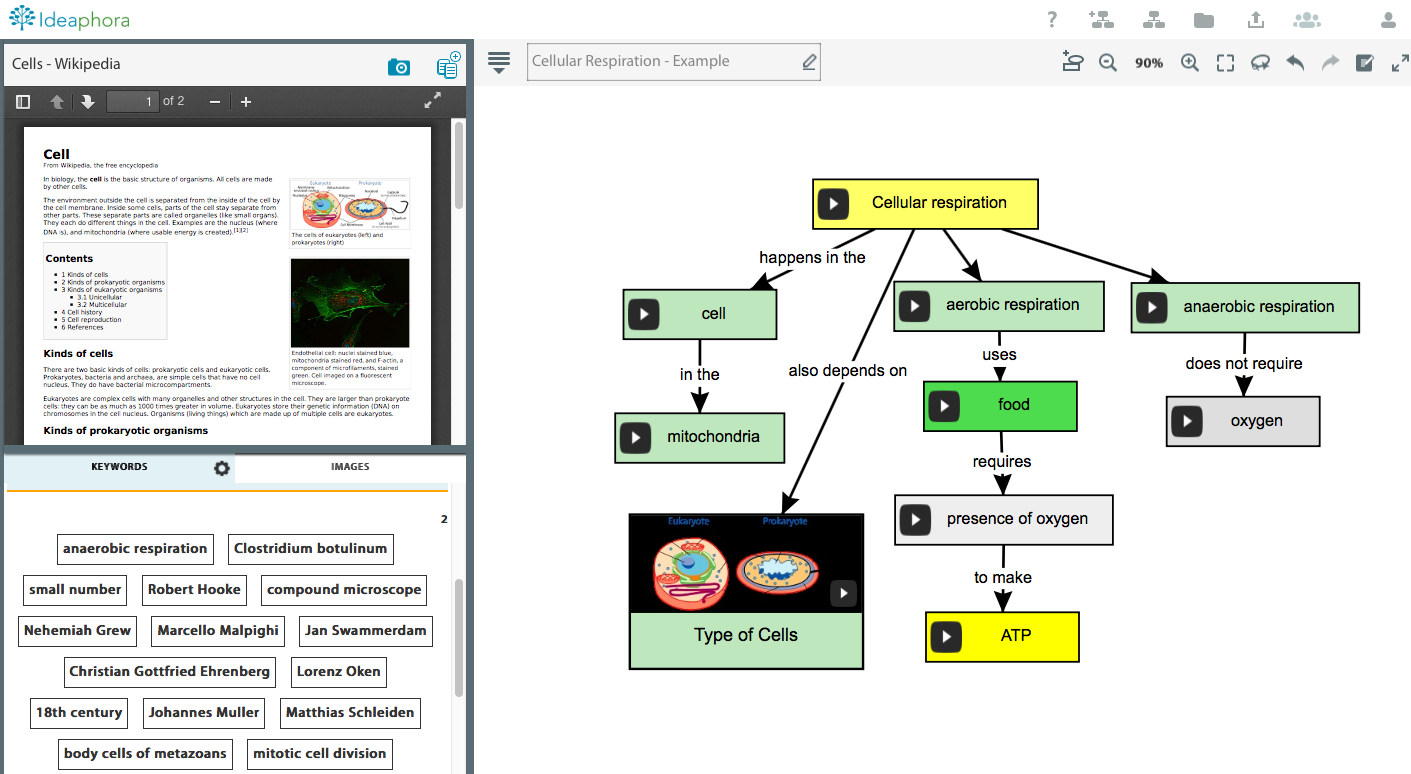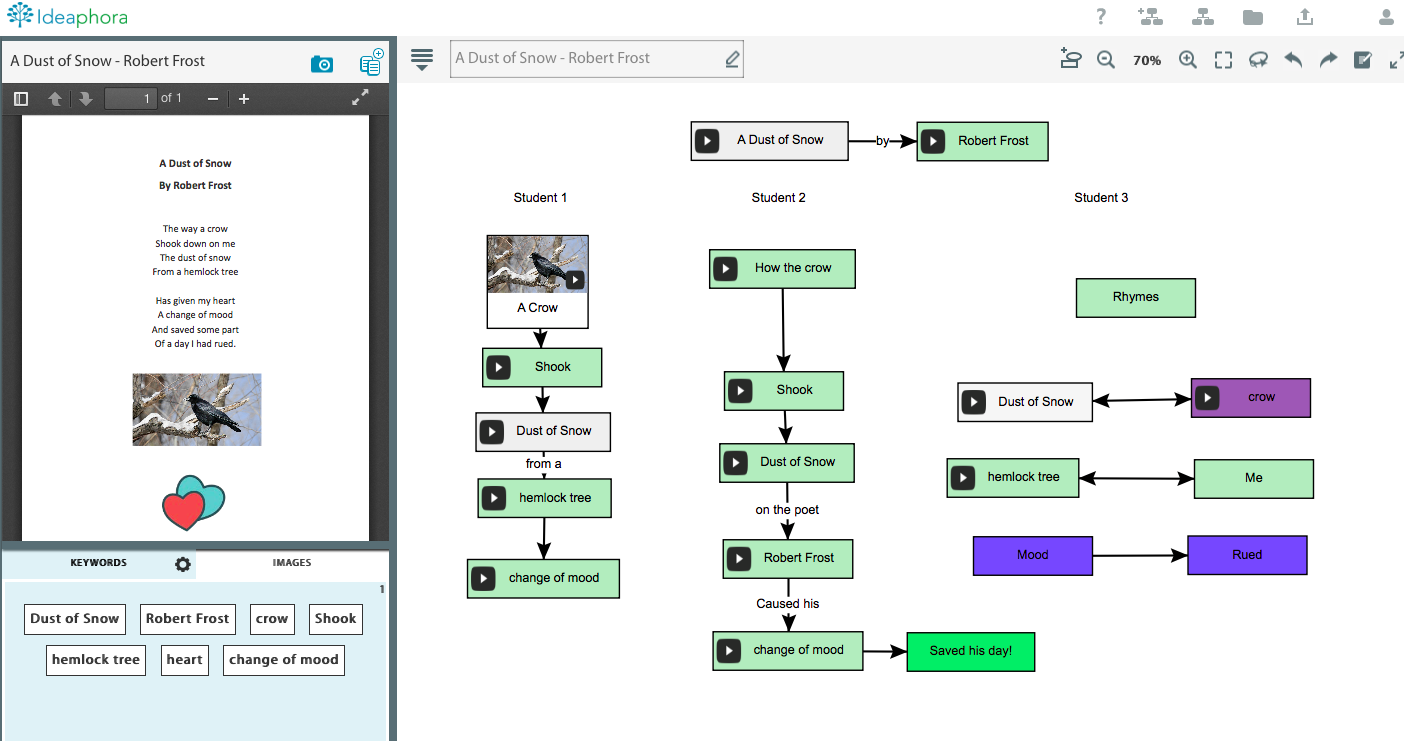This post is written by Mary Chase, Ph.D., an expert in curriculum design, literacy education, and technology integration.
In 1871, the poet and thinker Walt Whitman wrote:
… the process of reading is not a half sleep, but, in highest sense, an exercise, a gymnast's struggle; that the reader is to do something for himself, must be on the alert, must himself or herself construct indeed the poem, argument, history, metaphysical essay—the text furnishing the hints, the clue, the start or frame-work. Not the book needs so much to be the complete thing, but the reader of the book does. That [would result in] a nation of supple and athletic minds, well-train'd, intuitive, used to depend on themselves, and not on a few coteries of writers.
When we picture a reader, we imagine a person leaning over a text, still and silent. However, if we could peek into the reader’s “thought bubble,” we’d see instead someone wrestling with ideas, leaping between past experience and new applications, and dismantling words and phrases. Reading isn’t a passive endeavor.

